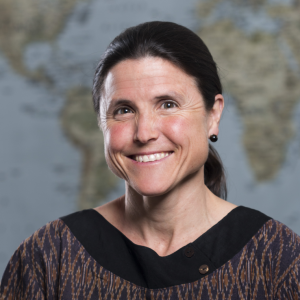Carey Farquhar Begins World Health Organization Consulting Assignment
Carey Farquhar, professor of global health, medicine and epidemiology and vice dean in the School of Public Health, has begun a six-month consulting assignment for the World Health Organization on HIV, hepatitis and sexually transmitted disease testing.





